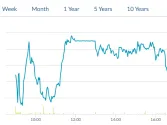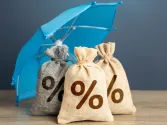
Weekly News Wrap: Gold discounts arise in top Asian hubs; Japan's food shoppers ditch doubts on online grocery
And a surge in food deliveries in Singapore has accelerated plastic waste.
From Reuters:
Physical gold discounts widened in China and India this week as a surge in coronavirus infections restricted buying, whilst the reopening of retail outlets in Singapore saw a slight pick up in demand for the precious metal.
Indian dealers were offering a discount of up to $18 an ounce over official domestic prices this week, from last week’s $13. The domestic price includes a 12.5% import tax and 3% sales tax.
“All jewellery stores have still not opened in cities like Mumbai. Rising prices are making gold unaffordable for many consumers,” said Prithviraj Kothari, managing director of RiddiSiddhi Bullions.
Read more here.
From Reuters:
The coronavirus has forced Japan’s notoriously fussy food shoppers to abandon doubts about online grocery stores, sending retailers such as Aeon scrambling to meet a surge in delivery demand.
Although Japanese shoppers aren’t alone in going online during the outbreak, the shift is remarkable for a country that had been expected to take years to embrace online food shopping because of a zeal for fresh and perfectly presented produce.
“I think that this pandemic has triggered an inflection point in the adoption of grocery e-commerce,” said Luke Jensen, executive director of Ocado Group, hired to build a grocery e-commerce business for Japanese retail giant Aeon.
Most companies won’t disclose numbers, but retail executives and analysts estimate internet sales now account for about 5% or more of Japan’s total grocery sales, compared with 2.5% before the pandemic.
Although that is still lower than some pre-crisis estimates of 15% in China and even 7% in broadband laggard Britain, it challenges a long-held belief that Japanese shoppers will always be shopping daily and in person, checking the goods first-hand.
Read more here.
From Bloomberg:
Singaporeans’ appetite for meals delivered to their doors appears to have been turbo-charged by being stuck indoors during the coronavirus outbreak. This has cast a light on the country’s struggles to regulate the plastic these meals are carried in.
As people stayed home during the April 7 to June 1, so-called the circuit breaker period, indications are that the consumption of meals packaged with plastic jumped.
Takeaway food rose by almost a fifth per week when lockdown measures were in place and there was a 73% surge in delivered meals, according to estimates from an online survey conducted by National University of Singapore alumni. This resulted in an additional 1,334 tonnes of disposable forks, spoons and containers, equivalent to the weight of 92 double-decker buses, according to the survey.
Read more here.









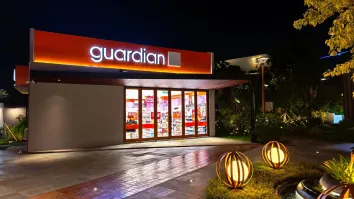
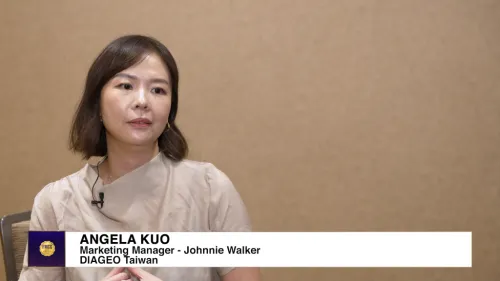

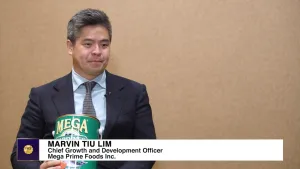
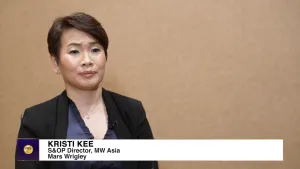


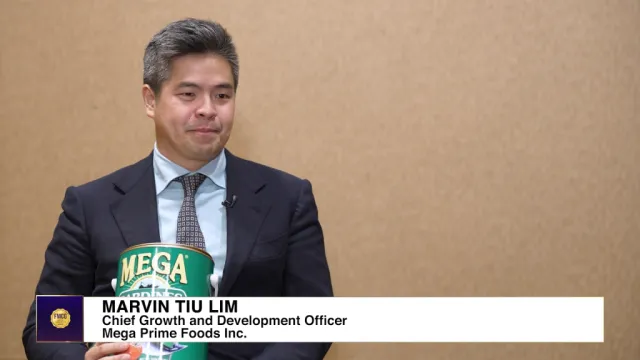
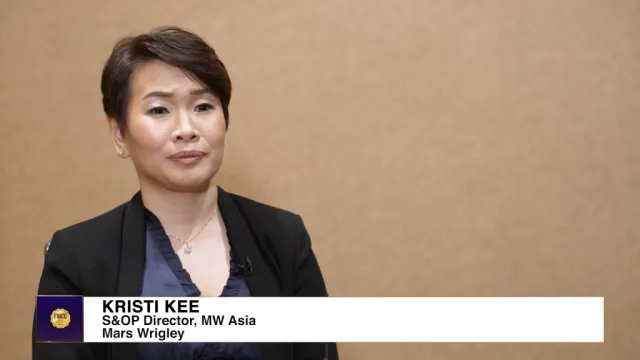

 Advertise
Advertise
